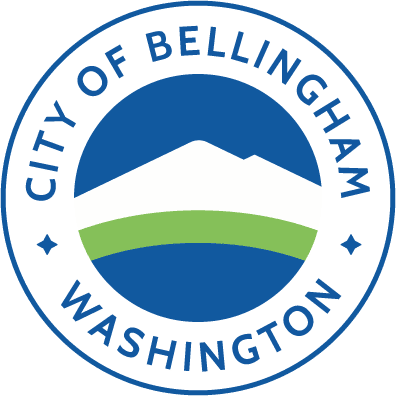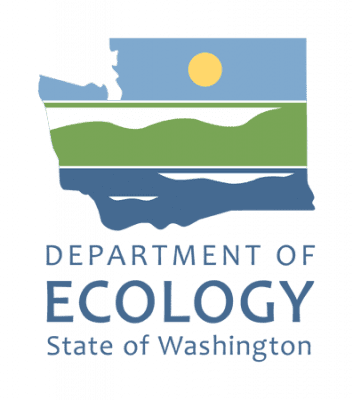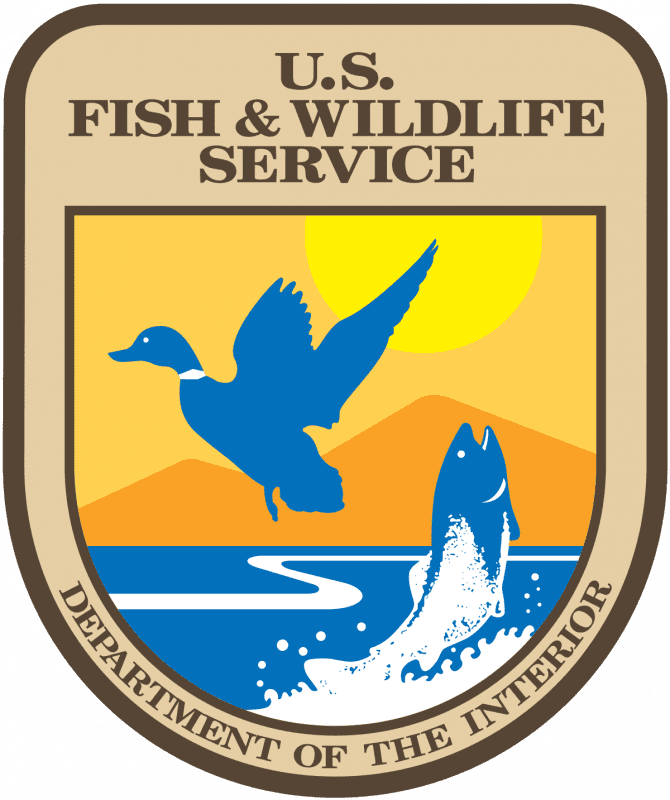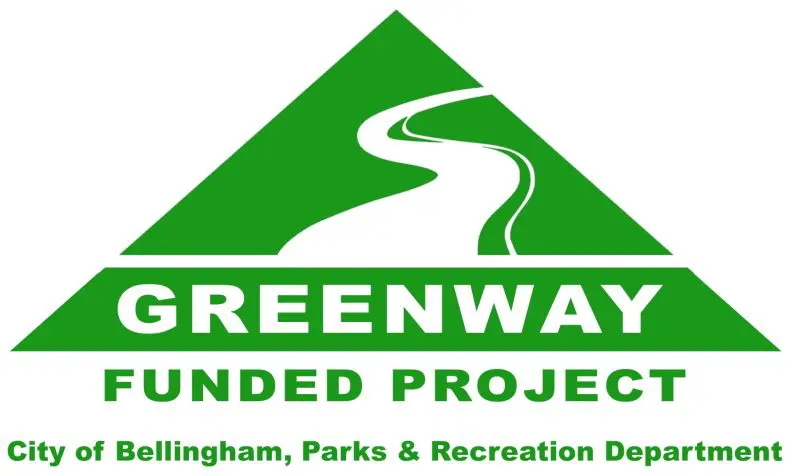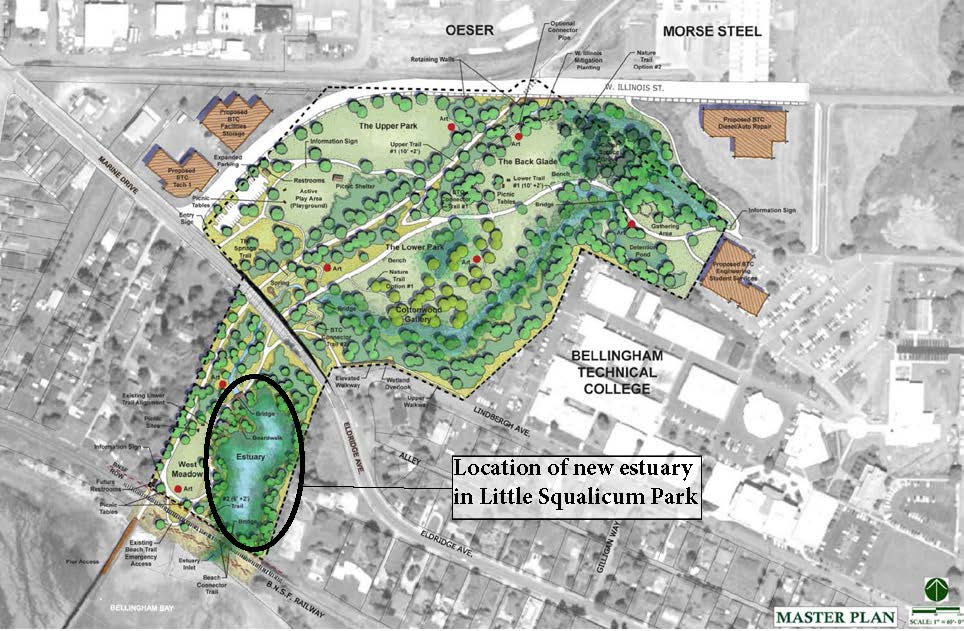Project Overview
The Little Squalicum Estuary project in Little Squalicum Park helps improve water quality and restores essential coastal habitat that has been lost to development by creating an estuary and removing a fish passage barrier. This project was completed in 2024, fulfilling a community vision identified for the site in the 2010 Little Squalicum Park Master Plan.
While enjoying the trails along the estuary, please help us take care of this important new habitat by keeping pets and people out of the estuary and picking up and disposing of dog poop in the trash.
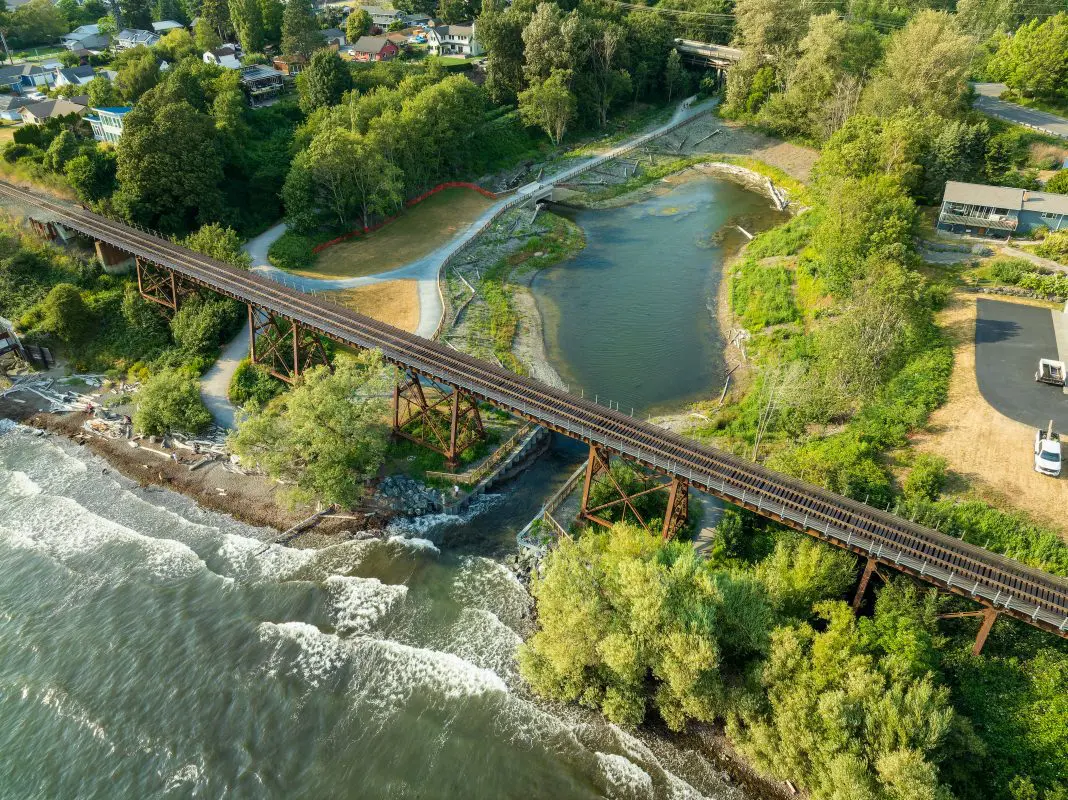
More Information
Construction Photos
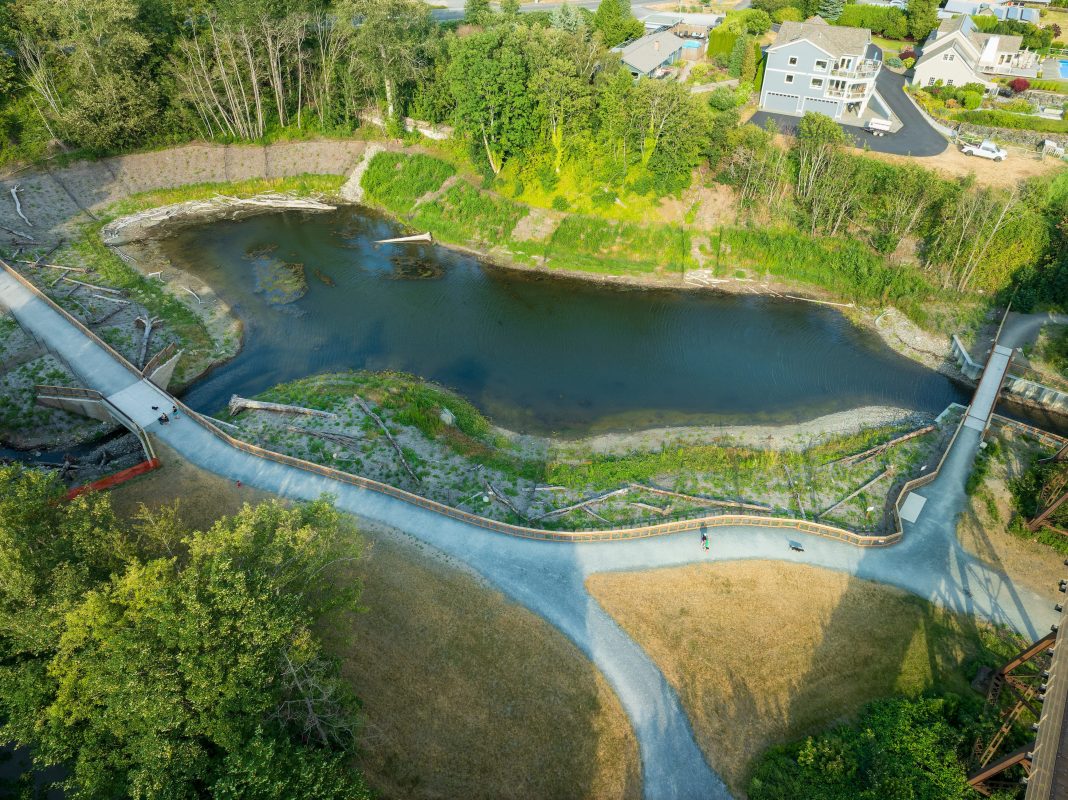

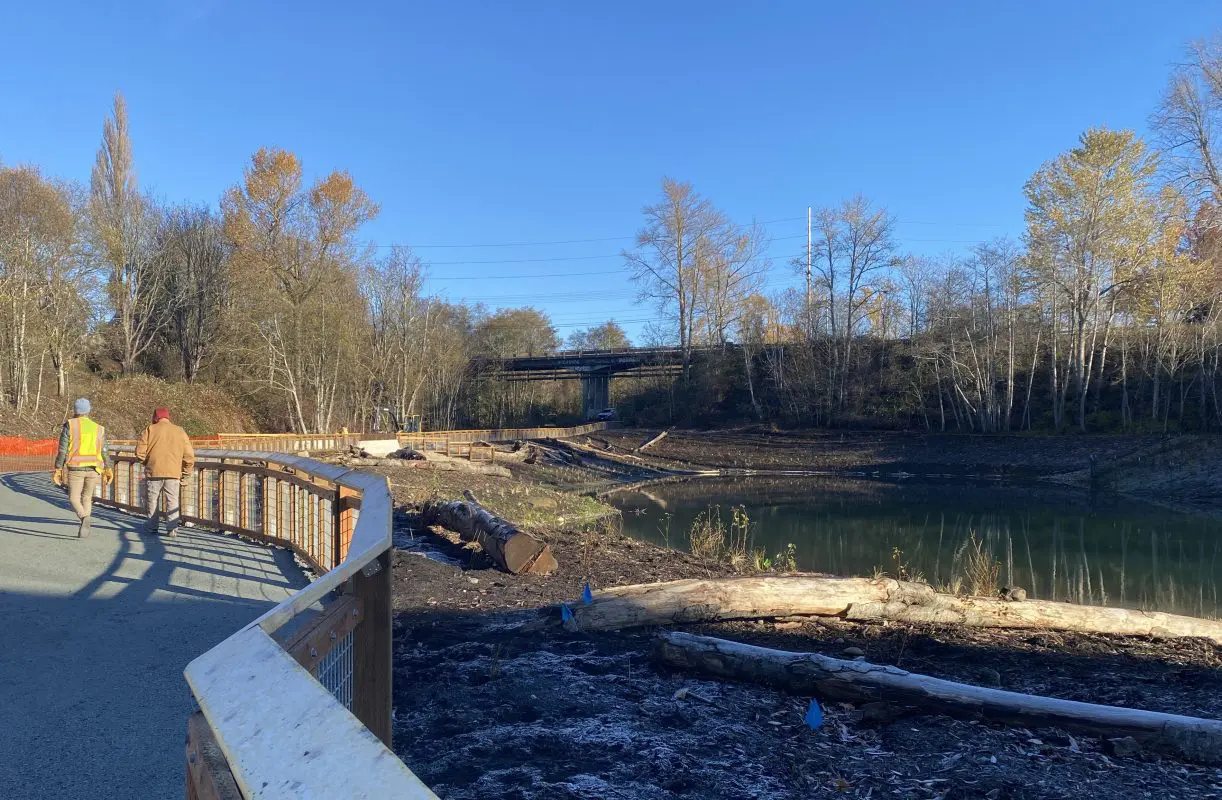


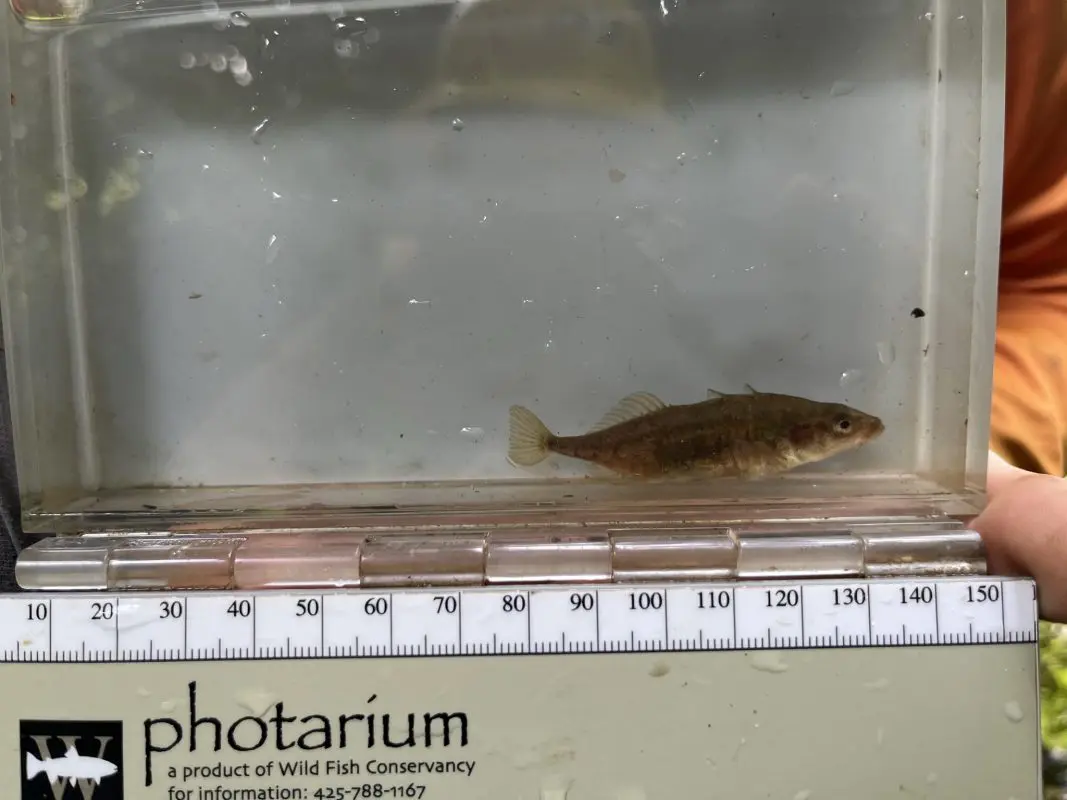




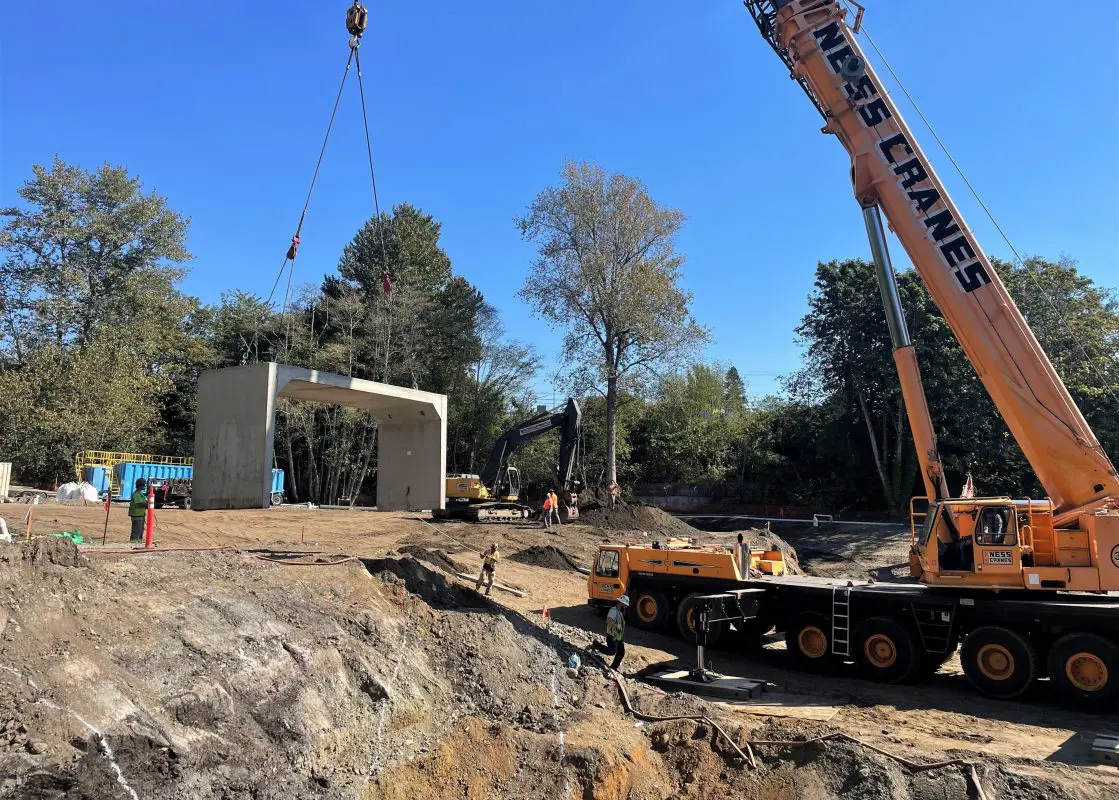

Contacts
Freeman Anthony, P.E.
Project Engineer
Phone: (360) 778-7924
Email: fanthony@cob.org
Analiese Burns, Habitat and Restoration Manager
Phone: (360) 778-7968
Email: acburns@cob.org
Media inquiries: pwmedia@cob.org
